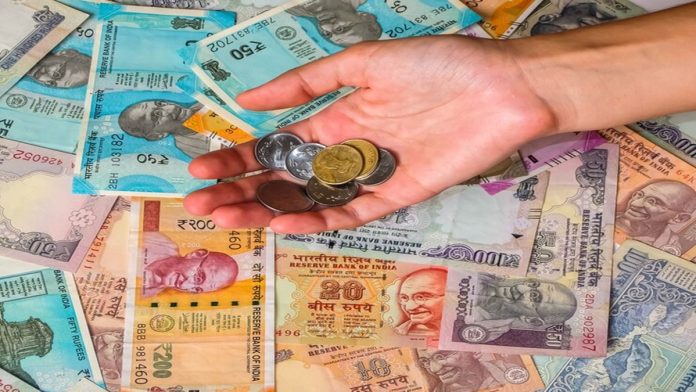The once-thriving currency derivatives markets is on the death bed, with volumes slumping close to 98% in less than six months and most traders shifting to offshore exchange after the Reserve Bank of India moved in to curb speculative trading.
In October, the average daily turnover for currency futures and options on the National Stock Exchange (NSE) dropped to just Rs 6,903.61 crore from Rs 1.56 lakh crore in March. So far in November, the turnover has reached Rs 3,570.26 crore per day. The BSE saw an even sharper downturn, with its average daily volume nosediving nearly 99%, from Rs 6,161.65 crore in March to a mere Rs 68.88 crore in October. So far this month, BSE’s currency derivatives have seen zero volume, mirroring the trend from August and September.
Also ReadMarkets to remain shut on November 20- NSE, BSE closed on account of Assembly Election in Maharashtra
The BSE saw an even sharper downturn, with its average daily trading volume nosediving nearly 99%, from Rs 6,161.65 crore in March to a mere Rs 68.88 crore in October. So far this month, BSE’s currency derivatives have seen zero volume, mirroring the trend from August and September.
In January, the RBI said that all rupee-denominated currency contracts should be backed by valid and unhedged underlying exposure. Although traders could take positions of up to $100 million without presenting proof, they were still required to confirm the presence of an exposure. The regulation, which became effective in May, was intended to curb speculative trading.
As a result, traders have largely exited the market, leaving only those who need to hedge their import and export risks. Ritesh Bhansali, director at Mecklai Financial Services, said, “A significant portion — over 60-70% — of the volume in currency futures was driven by speculative trading, which the regulator wasn’t comfortable with. While RBI’s intention was to promote genuine hedging activity through these rules, the removal of speculators and jobbers has led to a liquidity crunch in the market. So it’s a dying market now.”
With liquidity drying up in India, foreign portfolio investments have shifted to offshore exchanges, said a forex dealer at a large private bank. The Singapore Exchange (SGX) and Dubai Exchange have witnessed a substantial uptick in rupee-dollar futures trading.
» Read More


